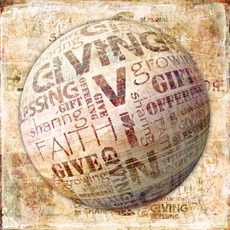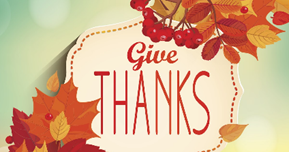GIVING
WHEN THERE’S NO OFFERING PLATE #1
Remember the “good ole days” when we
had ushers greeting people in the church and they’d go through the sanctuary and
pass the offering plates? People would pass the plate from person to person
throughout each pew, putting money, change, and checks into the plate. Oh the
memories!
The pandemic changed how we give,
didn’t it? Some churches had the option of online giving before March 2020, but,
still, the majority of folks gave by bringing checks or cash to church on
Sunday mornings.
Church buildings closed in the spring
of 2020, and worship no longer was in person. It had to done via Zoom, or
livestream, or Facebook live, or recorded. I don’t know about you, but I know I
spoke about continuing to support the church even while we weren’t meeting in
person. Some people were very diligent and continued to send checks to the
church. Others switched to online giving. Churches that had never considered
online giving before suddenly had to consider it!
Even with those conversations, other
conversations talked about if we just get back together in person, giving would
go back to how it used to be. Thing is, when we were able to gather together
inside church buildings in person, not everyone came back and we weren’t
passing the offering plates any more. They resided in the back of the sanctuary
so people could drop their offering in when they came in or when they departed.
We continued to encourage people to give electronically if they couldn’t be there
in person. It wasn’t the way it used to be. We seemed to lose the entire
ambiance of giving time.
When we couldn’t pass the plates,
giving time seemed to become almost a “throw away” moment in the service where
we reminded folks to put their offering in the plates if they hadn’t already
done, and click on the QR code on the screen or go to the website and make an
online donation. Not much more than that.
Giving time needs to be more what it
was, and that doesn’t include brass offering plates or ushers passing them
among worshippers. Offering needs to be central to worship. It’s more than a
way to pay bills. Our financial gifts should be a sacrifice of what we would
normally use to support ourselves. They must be a tangible expression of our
love of God. Any sacrificial giving to God still needs to be an important part
of worship. Giving is as important to a person’s worship of God as prayer,
Scripture or a sermon!
·
Have
a designated time to invite giving
·
Explain
the theological significance of giving
·
Share
the stories of the good that happens because of giving.
·
Dedicate
or bless the gifts, those held in the plate, and those that have already come
in electronically.
It
doesn’t matter HOW giving is done; but the connection between giving and
worship has to be reinforced.
REMINDER: The Stewardship Academy is
being held April 23rd, May 21st, June 18th and
July 16th from 10 a.m. to 3 p.m. If you are interested in a
registration form or information on the academy itself, please let me know (susanranous@unyumc.org)

















